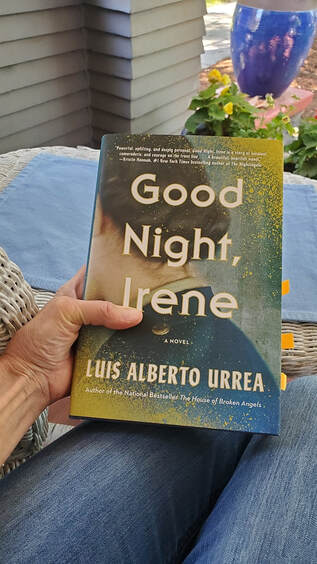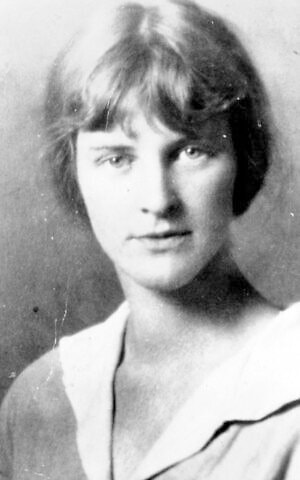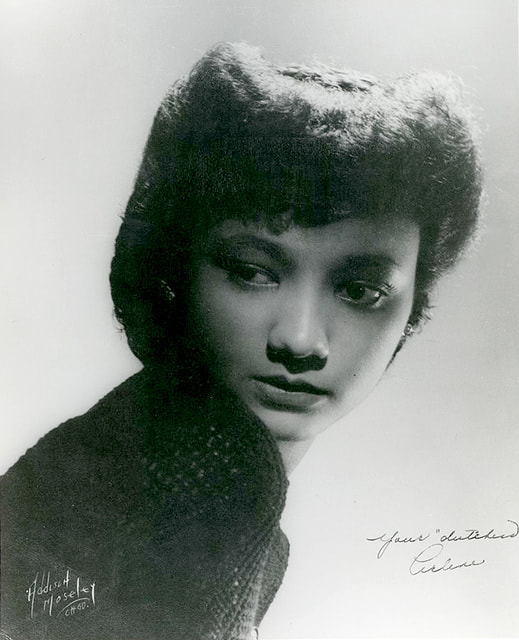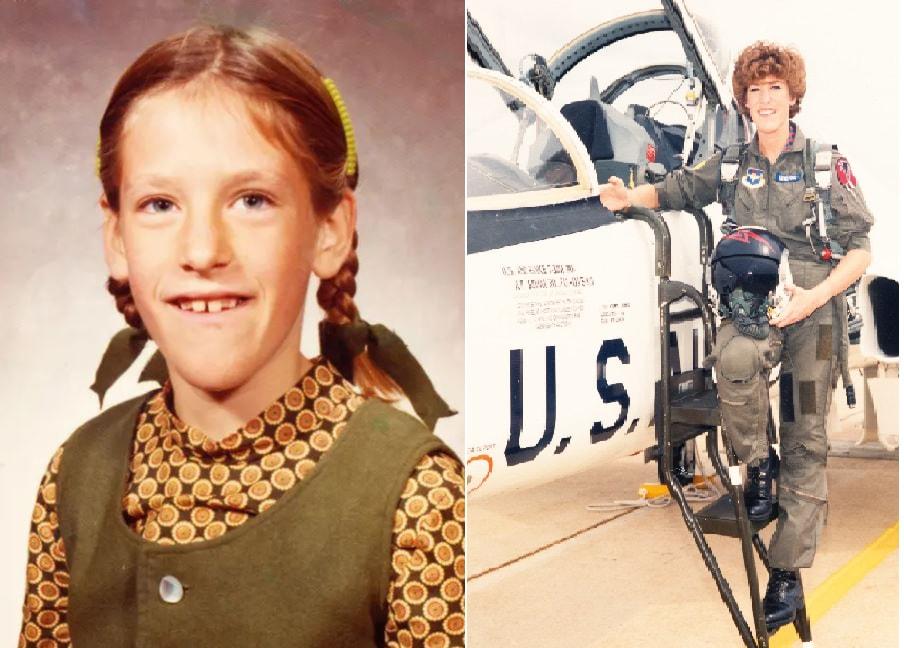|
Judi Bari made national headlines 30 years ago with her passionate protests against the clearcutting of California's old growth redwoods. She helped organize Redwood Summer, a three-month-long, non-violent protest against logging in Humboldt County. Then just weeks before the kick-off event, a homemade bomb exploded under the driver's seat of Judi's car. Local Oakland, CA, police officers tracked her to the hospital where they arrested the seriously injured woman, labeled her a terrorist and arrested her on arrested on suspicion of transporting illegal explosives. They accused Judi of planting the bomb that nearly killed her.
Two months later, they dropped the charges due to lack of evidence. But why has no one ever been charged in the crime? I was thrilled to take part in a wonderful event! Pulitzer Prize finalist Luis Alberto Uurea came through Spokane, WA, on tour publicizing his newest book Good Night, Irene. Very soon after starting to read this novel, I wished that I had written it, or rather, written a nonfiction book about the Donut Dollies of World War II. These women served coffee, donuts and a slice of home to soldiers on the front lines of battle. I could not have written this book because Luis Alberto Uurea based it on the true-life experiences of his mother, Phyllis Irene McLaughlin, who traveled across Europe with Patton's army. It's a great adventure story of women's strength, friendship and sacrifice.
The fictional account follows closely the actual service route traveled by Phyllis and her
"Ich habe Deutschland auch so geliebt."
"And I have loved Germany so much.” The last words spoken by Mildred Fish-Harnack. Though she died in Germany, Mildred was an American. A courageous woman of her convictions, the only American executed on direct orders from Hitler. The United States government tried to cover up her story for decades because an officer in the Army Counterintelligence Corps believed she was a communist.
With this story comes the question: how is it that American woman started the largest anti-Nazi resistance group in Berlin and we're only hearing about her now?
I spend a good chunk of my time digging into the past, finding the names of women who deserve to be remembered and telling their stories. I love it when those stories take interesting twists and turns like Arlene Robert's. Her skill lies behind one of the biggest events in the history of humankind. She played a very tiny part, as did many women whose names we'll never know. We know Arlene's, in part, because her boyfriend painted her name on his fighter plane and survived WWII to tell about it. Arlene Roberts was much more than a pretty face. On summer break from the State University of Iowa in 1945, Arlene took a secretarial job at the University of Chicago. Assigned to the general pool of typists, Arlene distinguished herself for speed and accuracy and earned a promotion to an elite group of women working at the laboratory at the university's School of Metallurgy.
The typists worked for several weeks on what they were told was a top-secret project. Even some of the scientists in the lab didn't know what it was. Courage wears many different faces, as shown in the varied stories I've sent you, as well as in my books. This week, one woman's story moves a step beyond, showing how courage can lead to transformation. Patty Bear grew up in the Mennonite faith which holds pacificism as a foundational belief, but the cruel truth? Violence ruled her home and family. In retrospect, she called her father a "domestic terrorist" who abused her mother for years. But when he questioned Mennonite leaders and was excommunicated, the media portrayed him as the victim, a man shunned by his wife and children. Patty went from her sheltered, rural life where her father regarded her mother as property, like another animal on his farm, to becoming a pioneering woman pilot in the United States Air Force. That's transformation!
Patty agreed to tell her story for us this week. Patricia Bear: Soaring to Freedom Transformation is a lovely concept, but someone should warn us it won’t just change our circumstances, it will change who we are. And that will be a terrifying journey into the unknown. |
I'm fascinated to discover little-known history, stories of people and events that provide a new perspective on why and how things happened, new voices that haven't been heard, insight into how the past brought us here today, and how it might guide us to a better future.
I also post here about my books and feature other authors and their books on compelling and important historical topics. Occasionally, I share what makes me happy, pictures of my garden, recipes I've made, events I've attended, people I've met. I'm always happy to hear from readers in the blog comments, by email or social media. Archives
September 2023
Categories
All
|





